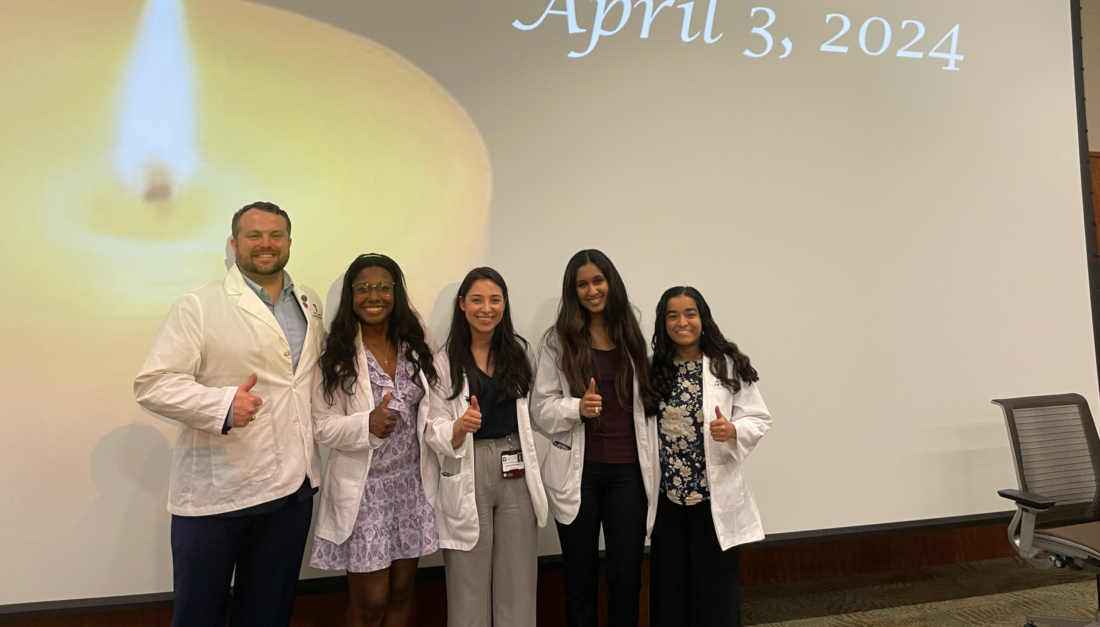Researchers probe healthy gut bacteria for new medical treatments


Until the late 20th century, science recognized 11 organ systems—the muscular, skeletal, circulatory, and respiratory systems are just a few. Each plays a role in keeping a living, breathing human body working smoothly, like player positions on a football team. But recently, a new “organ system” has been taking the limelight, one which plays a surprising role in keeping us on our game. This so-called twelfth organ system—the “12th Man of human health,” as Texas A&M Health Science Center College of Medicine Assistant Professor (and Aggie ’91) Robert C. Alaniz, Ph.D. likes to call it—is the vast community of beneficial microbes, dubbed the “microbiota,” that live inside of our digestive tract and almost every other body region.
The microbiota is an important part of “us” in a unique way, and impacts our susceptibility to everything from cancer and HIV to obesity and the common cold.
The benefits of healthy gut bacteria have surged into the public consciousness over the past several years. It’s one reason why yogurt now outsells ice cream, and why probiotics are a multi-billion dollar industry. People now understand that the bacteria in our digestive tract are important to our overall health, even if they don’t understand why. Which, strangely enough, is the same position scientists are currently in.

“We’ve learned a lot about the microbiota in the past decade. Vast amounts of research energy have been put into sequencing the genomes of microbes, and cataloging what is present in the gut during health and disease. This research has revealed a great deal about how the microbes in our gut and other body sites contribute to our overall health by improving our metabolism, strengthening our immune system, protecting us from infection, and limiting allergies and autoimmune disorders,” said Alaniz. “That research has laid the foundation for a much more exciting, and potentially life-saving, functional phase of research. Our goal is to focus on what these microbes are producing that we can’t get any other way, and then testing these different molecules in the lab to see how they might benefit human health.”
Once you know that, Alaniz says, you can develop ways to support those beneficial microbial communities, supplement them in a targeted way, or even replicate their positive effects on human health by introducing the microbes’ novel beneficial products directly through dietary supplements or formulated as biologic therapeutics. So what do they expect to find? Immediate research targets include treatments for infectious diseases and complex diseases that involve chronic inflammatory responses, such as colitis, psoriasis and cancer.
Working in partnership with Arul Jayaraman, Ph.D., a professor in Texas A&M’s College of Engineering, Alaniz has been studying compounds produced exclusively by gut bacteria which may act as next generation therapeutic compounds. Alaniz uses multiple animal models of widespread immune-mediated human diseases, where Jayaraman then uses cutting-edge analytical mass spectrometry to identify the essential microbiota compounds that protect the animals from disease.
Once novel compounds are identified, Alaniz then investigates their functional and molecular effects on a number of distinct immune cells with critical roles in health and disease.
Alaniz has big plans for microbiota research at Texas A&M. “It’s the medicine cabinet in our own bodies,” Alaniz said. “If we can unlock its secrets, there’s no telling the implications for human health.”
Media contact: media@tamu.edu


